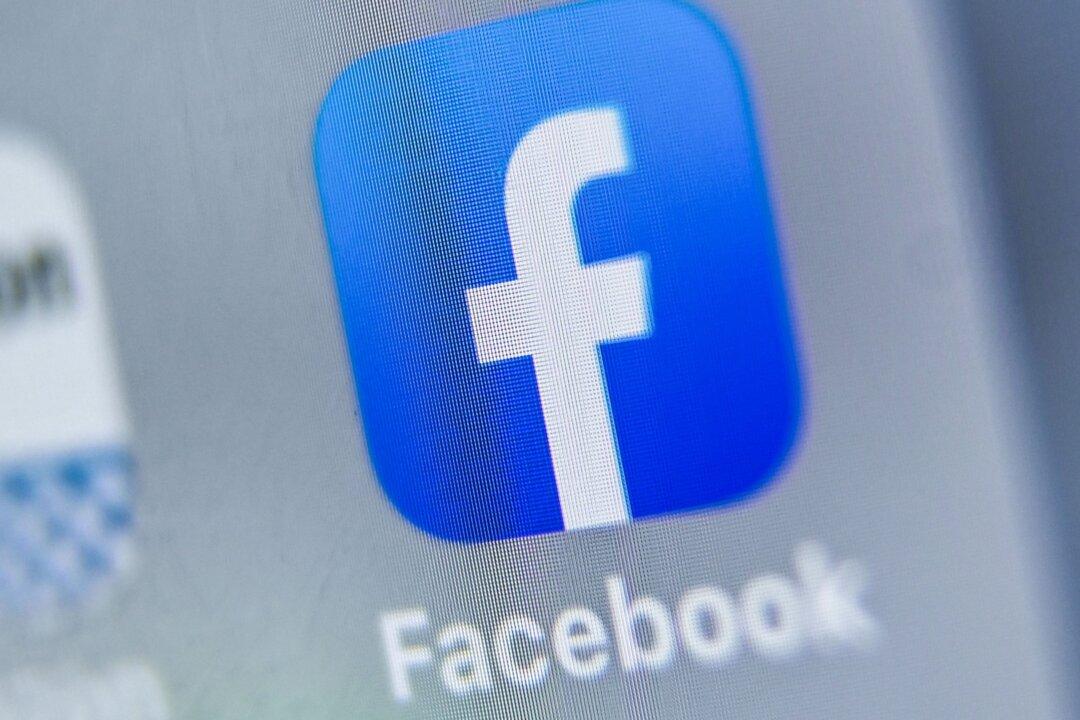Facebook has been accused of “bully boy” tactics for blocking its users from seeing or sharing Australian news content on its site.
A senior British lawmaker on Friday told Reuters that the social media company’s action is an attempt to bully a democracy and will stiffen the resolve of legislators across the world to get tough with the big tech companies.





